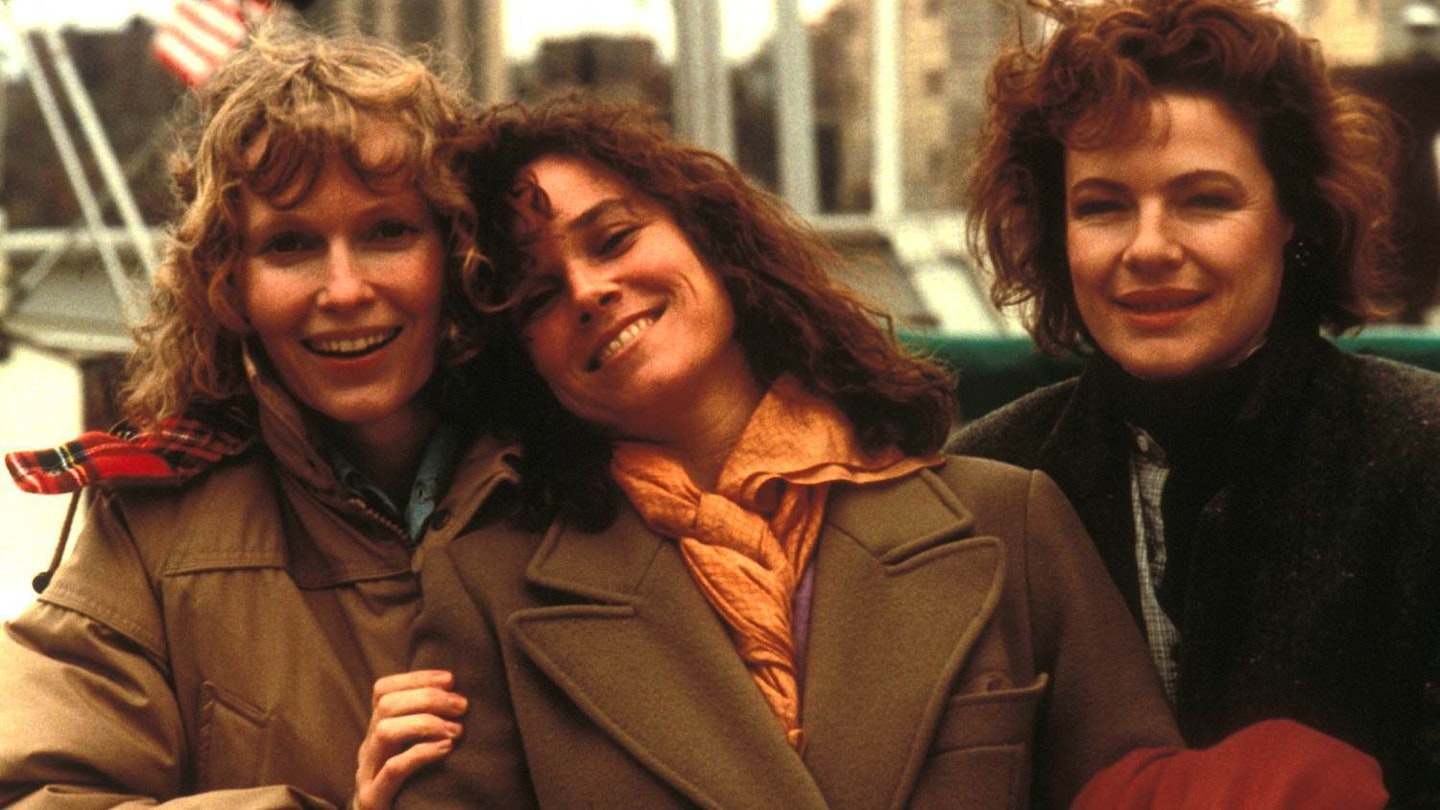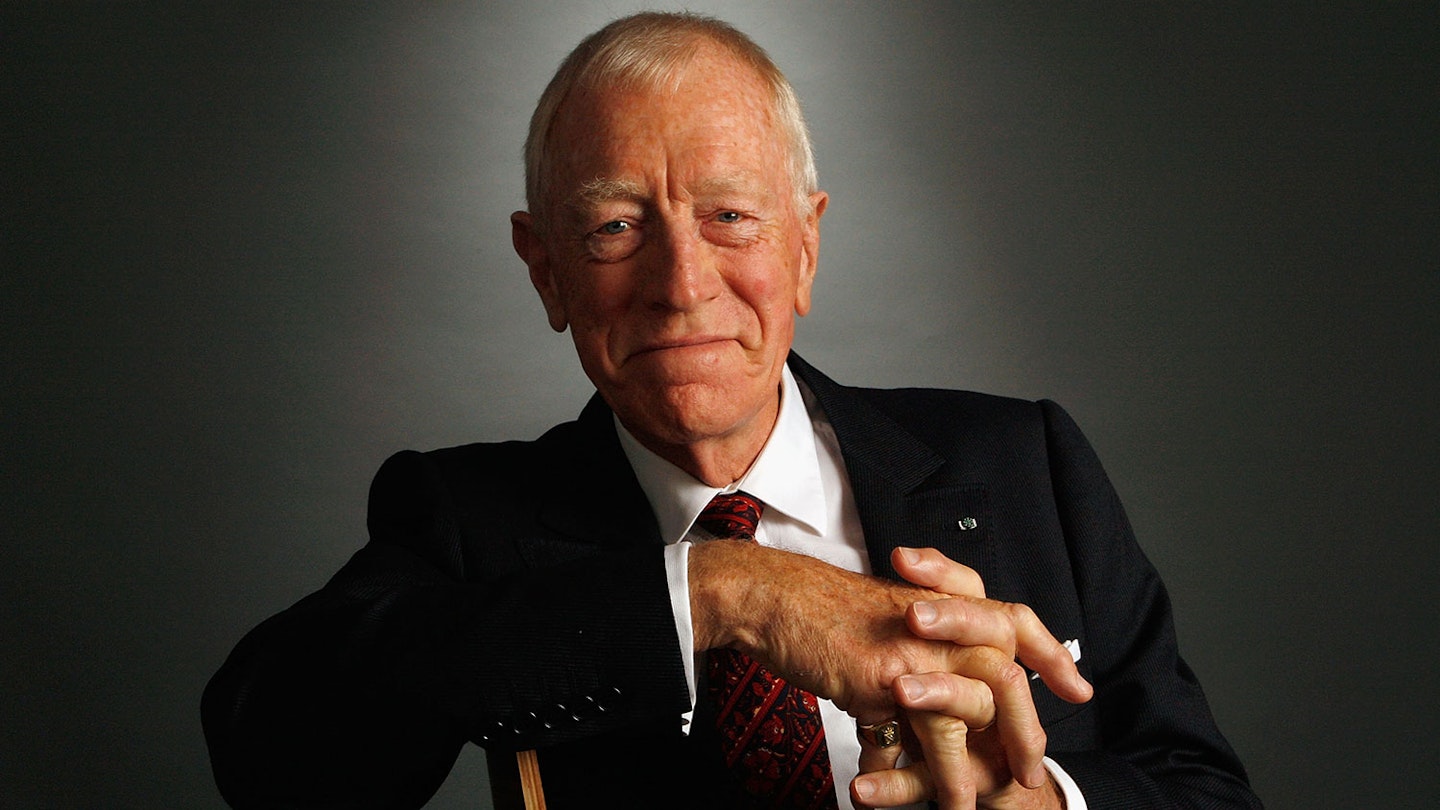Leo Tolstoy wrote in Anna Karenina that `all happy families resemble one another, but each unhappy family is unhappy in its own way' and Woody Allen always claimed the Russian's novel was his primary inspiration for Hannah and Her Sisters. However, its focus on three siblings recalls Allen's first straight drama, Interiors, while the linking of autobiography, showbusiness and family celebration also echoes Ingmar Bergman's late masterpiece, Fanny and Alexander.
Indeed, the film referencing continues when Mickey (whose neuroses and hypochondria had briefly driven him towards Catholicism) finds salvation in the Marx Brothers's Duck Soup (1933). Yet, for all its screen antecedents, the use of voice-overs and the 16 chapter headings give the action a distinctly bookish feel.
The acting, however, occasionally tends towards theatricality, with Michael Caine being particularly guilty of deliberated delivery in his Oscar-winning turn. In mitigation, however, he found Allen's working methods less than conducive and was reined in when he attempted to be more overtly comic (Max von Sydow and Barbara Hershey were likewise told to stick to the grand design when they suggested an alternate reading of their showdown).
Along with Allen, Mia Farrow seems most comfortable with the tone, although she was less than amused to discover just how much of their own lives Allen had slipped into the screenplay. The brain tumour related to the director's own scare during Manhattan (1979), while he conceded that Frederick, Elliot and Mickey reflected facets of his own personality. But Maureen O'Sullivan (Farrow's real-life mother) refused to play opposite her daughter unless some of the more blatant references to Mia and her sisters, Tia and Stephanie, were removed.
Several scenes involving Caine and Hershey's affair were also cut. But, ultimately, Allen had to add the climactic dinner after friends at preview screenings objected to the ambiguous Interiors-like ending. The resulting picture was his most mature work to date and his witty, literate screenplay deserved its Oscar as much as Dianne Wiest's superbly realised Best Supporting performance.

